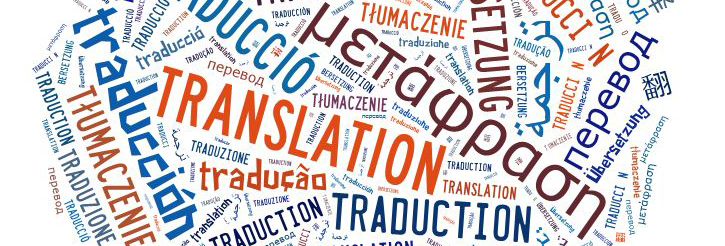
Literature in translation is somewhat beneficial in the sense that it can expose certain texts to a wide range of audiences, usually those who would, nonetheless, be unable to gain access to such literature or would be required to actually learn the perceived language itself before reading the specific text or texts. This also allows the readers to study and understand varying cultures, religions and histories of other civilizations and develop a form of awareness for certain societies that were, nevertheless, ignored or stereotyped in the past. Readers can also use this knowledge to understand the contexts of nations or regions in the past as well as present and observe how people were impacted by such styles of living. Furthermore, translation is also beneficial towards promoting economic growth as greater understanding towards cultural differences or misunderstandings can lead to greater employment levels and fairer wage or income distribution.
On the other hand, translated literature can have adverse impacts upon numerous principles. Firstly, translation is a very tough art, making it almost impossible to replicate a text precisely. This establish great ambiguity when presenting significant topics or conveying important messages as one word in English may have several supplementary meanings in another tongue. As a result, this can create greater misunderstandings to foreign readers whilst aiming to learn about a specific subject. In addition to this, translated texts may also compromise of bias from the interpreters themselves. This may derail the original aims of the piece of literature and, once more, feed the public with falsifications or stereotypical portrayals of societies.